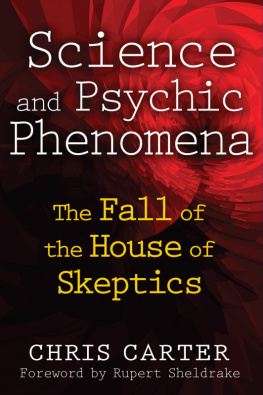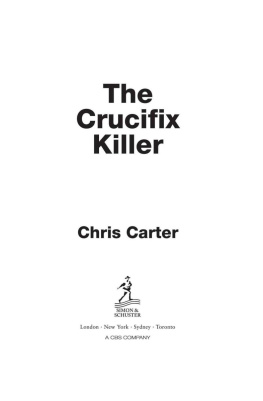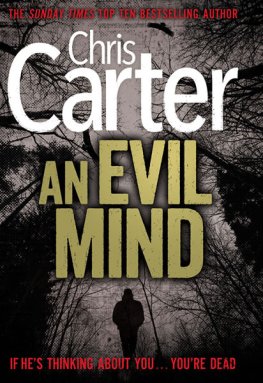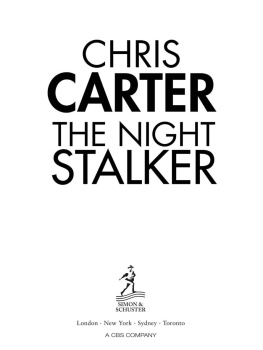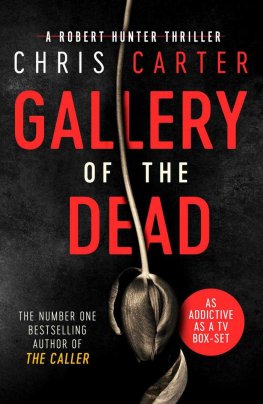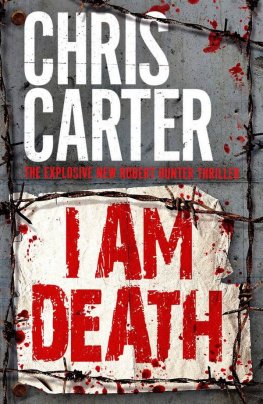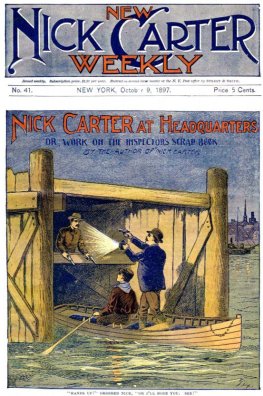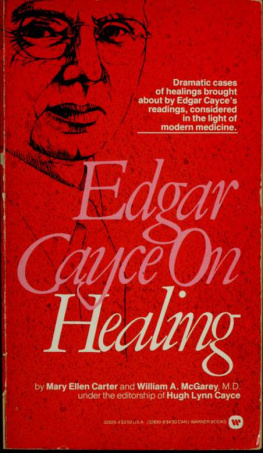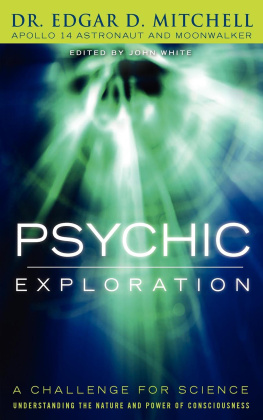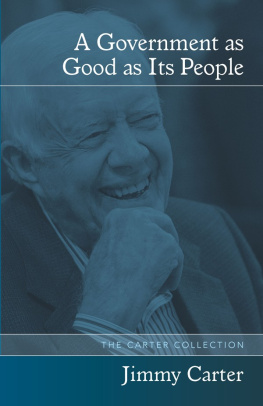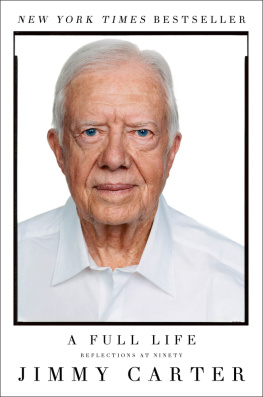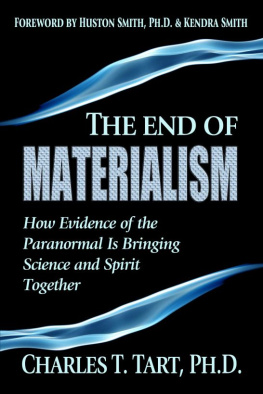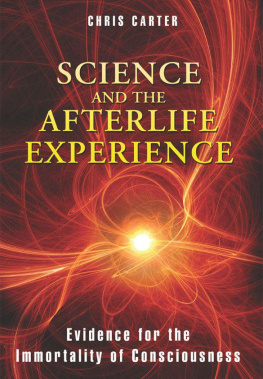Science and Psychic Phenomena

Praise for the Previous Edition
Carter methodically and masterfully reveals that the skeptics position is increasingly untenable.... A refreshingly rational and well written investigation of the science of psi.
DEAN RADIN, PH.D., SENIOR SCIENTIST AT THE INSTITUTE OF NOETIC SCIENCES
Chris Carters Science and Psychic Phenomena is a must read for anyone who wishes to penetrate the distortions and lies of the skeptics regarding psychic phenomena. Clearly written, and a pleasure to read!
NEAL GROSSMAN, PH.D., PROFESSOR EMERITUS,
UNIVERSITY OF ILLINOIS AT CHICAGO
Carter confronts legitimate criticism with solid scientific evidence and deftly exposes the anti-science stand of the dogmatic skeptics. He makes a compelling case for taking the science of parapsychology seriously.... A must-read for anyone interested in the true state of this important debate.
RICHARD BROUGHTON, PH.D., AUTHOR OF PARAPSYCHOLOGY:THE CONTROVERSIAL SCIENCE AND SENIOR LECTURER IN PSYCHOLOGY, THE UNIVERSITY OF NORTHAMPTON
The controversy surrounding psychic phenomena (psi) is both long and complicated. Chris Carter reviews the many elements of the controversy in great detail, but in a manner that is also readable and entertaininga difficult feat. I found his explanation of quantum theories of psi, for example, exceptionally clear, and it resolved some confusion I had about these theories from reading other sources. Carter adheres strictly to valid scientific and philosophical principles in arguing for the reality of psi and the legitimacy of parapsychology as a scienceno retreat into New Age metaphysical mumbo jumboand he doesnt overstate his case. Any reader who can approach this controversial subject with an open mind will find Carters book immensely rewarding.
JOHN PALMER, PH.D., EDITOR OF JOURNAL OF PARAPSYCHOLOGY AND COAUTHOR OF FOUNDATIONS OF PARAPSYCHOLOGY
I highly recommend this book to anyone who is truly open-minded about whether or not psychic abilities exist. Chris Carter takes the reader on an insightful journey that weaves together history, scientific data, modern physics, psychology, and philosophy of science. He convincingly shows that its now possible to replace belief-based opinion with solid science when discussing the possible reality of psychic phenomena.
JESSICA UTTS, PH.D., PROFESSOR OF STATISTICS, UNIVERSITY OF CALIFORNIA, DAVIS, AND AUTHOR OF AN ASSESSMENT OF THE EVIDENCE FOR PSYCHIC FUNCTIONING
Chris Carter has put together quite a treatise. In thoroughly readable, engaging, and clear prose, he provides an erudite and comprehensive review of the skeptical and scientific studies of events that dont fit present paradigms. Despite having researched the subject extensively myself, I found a deep well of new information. Carters book is both scholarly and entertaining.
ROBERT S. BOBROW, M.D., CLINICAL ASSOCIATE PROFESSOR OF FAMILY MEDICINE AT STONY BROOK UNIVERSITY AND AUTHOR OF THE WITCH IN THE WAITING ROOM

Dedicated to the memories of Curt Ducasse,
Frederic Myers, and Karl Popper,
three remarkable individuals who
never let fashion dictate their opinions.
ALL TRUTH PASSES THROUGH THREE STAGES:
First, it is ridiculed.
Second, it is violently opposed.
Third, it is accepted as self-evident.
ARTHUR SCHOPENHAUER
Contents
FOREWORD
Parapsychology and the Skeptics

Rupert Sheldrake
This is an important book. It deals with one of the most significant and enduring fault lines in science and philosophy. For well over a century, there have been strongly divided opinions about the existence of psychic phenomena, such as telepathy. The passions aroused by this argument are quite out of proportion to the phenomena under dispute. They stem from deeply held worldviews and belief systems. They also raise fundamental questions about the nature of science itself. This debate, and the present state of parapsychology, are brilliantly summarized in this book. Chris Carter puts his argument in a well-documented historical context, without which the present controversies make no sense.
The kind of skepticism Carter is writing about is not the normal healthy kind on which all science depends, but rather it arises from a belief that the existence of psychic phenomena is impossible; they contradict the established principles of science, and if they were to exist they would overthrow science as we know it, causing chaos and confusion. Therefore, anyone who produces positive evidence supporting their existence is guilty of error, wishful thinking, self-delusion, or fraud. This belief makes the very investigation of psychic phenomena taboo and treats those who investigate them as charlatans or heretics.
Although some committed skeptics behave as if they are engaged in a holy war, in this debate there is no clear correlation with religious belief or lack of it. Among those who investigate psi phenomena are atheists, agnostics, and followers of religious paths. But the ranks of committed skeptics also include religious believers, agnostics, and atheists.
As Carter shows so convincingly in this book, the question of the reality of psi phenomena is not primarily about evidence but about the interpretation of evidence; it is about frameworks of understanding, or what Thomas Kuhn, the historian of science, called paradigms. I am sure Carter is right.
I have myself spent many years investigating unexplained phenomena, such as telepathy in animals and in people. At first, I naively believed that this was just a matter of doing properly controlled experiments and collecting evidence. I soon found that for committed skeptics this is not the issue. Some dismiss all the evidence out of hand, convinced in advance that it must be flawed or defective. Those who do look at the evidence have the intention of finding as many flaws as they can, but even if they cant find them they brush aside the evidence anyway, assuming that fatal errors will come to light later on.
The most common tactic of committed skeptics is to try to prevent the evidence from being discussed in public at all. For example, in September 2006, I presented a paper on telephone telepathy at the Annual Festival of the British Association for the Advancement of Science. Our controlled experiment had shown that people could, before answering the phone, correctly identify who was calling (from a choice of four people) over 40 percent of the time, when a success rate of 25 percent would be expected by chance alone. The following day, in The Times and other leading newspapers, several prominent British skeptics denounced the British Association for lending credibility to maverick theories on the paranormal by allowing this talk to take place at all. One of them, Professor Peter Atkins, a chemist at Oxford University, was quoted as saying, There is no reason to suppose that telepathy is anything more than a charlatans fantasy.presented as playing with statistics. I then asked him if he had actually looked at the evidence, and he replied, No, but I would be very suspicious of it.
As Carter shows, conflicts about frameworks of understanding are inherent within science itself. Since its beginnings in the sixteenth century, science grew through a series of rebellions against established worldviews. The Copernican revolution in astronomy was the first. The mechanistic revolution of the seventeenth centurywith its dismissal of souls in nature, as previously taught in all the medieval universitieswas another great rebellion. But what started as rebel movements in turn became the orthodoxies, propagated by scholars and taught in universities. Subsequent revolutions, including the theory of evolution in the nineteenth century and the relativity and quantum revolutions in physics of the twentieth century, again broke away from an older orthodoxy to become a new orthodoxy.
Next page
